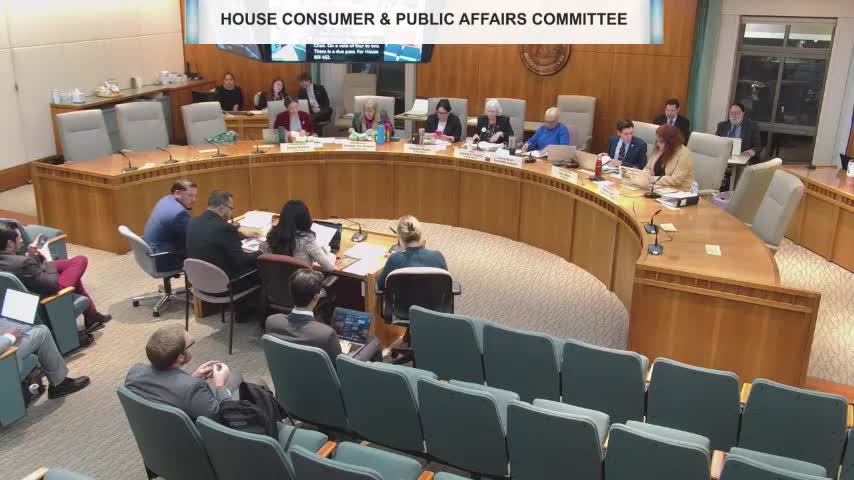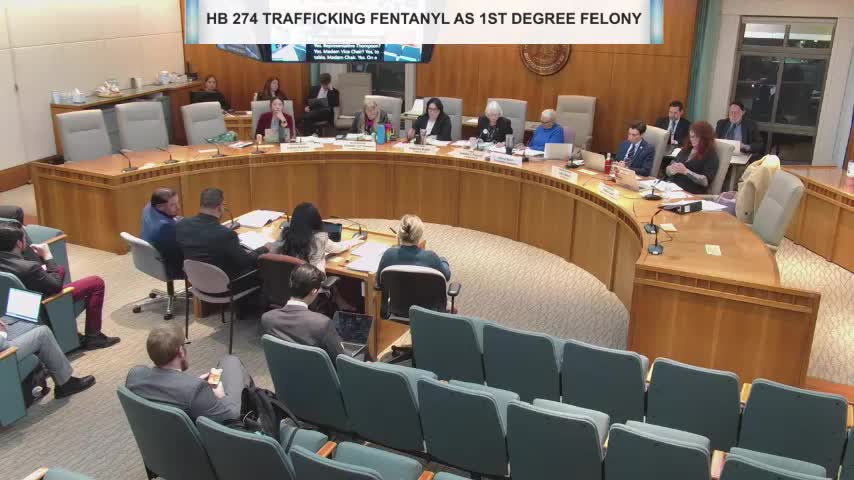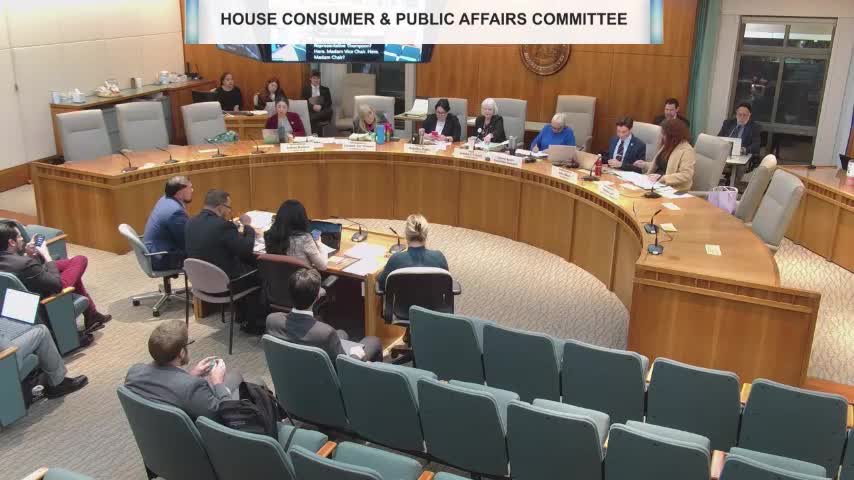Article not found
This article is no longer available. But don't worry—we've gathered other articles that discuss the same topic.

Committee tables bill to raise maximum sentence for fentanyl trafficking to 30 years after split testimony

Committee tables committee substitute expanding adults‑level treatment for some juvenile violent crimes; sponsors lower age to 14

